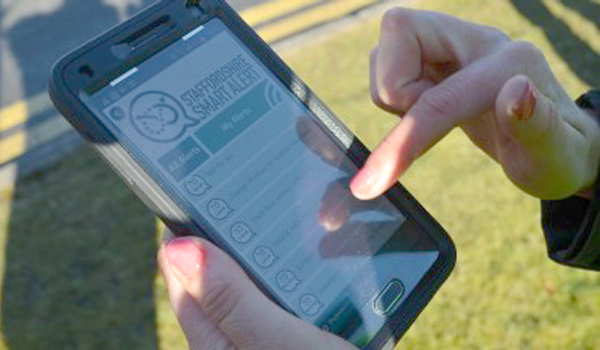Video conferencing to be rolled out across CJS
Video conferencing technology is to be rolled out across the criminal justice system (CJS) in a new multi-million pound programme.

Video conferencing technology is to be rolled out across the criminal justice system (CJS) in a new multi-million pound programme.
It will transform the way evidence is given by providing a managed video conferencing (MVC) service to be used in a range of programmes across the CJS to help speed up, streamline and improve the delivery of justice.
The technology will be delivered by Cable & Wireless Worldwide under a framework agreement with the Office for Criminal Justice Reform (OCJR).
The agreement will ensure video conferencing can be supported across the CJS wherever it is the most effective and efficient means of carrying out criminal justice business, and supports a number of programmes that are being piloted or rolled-out nationally, including:
- Virtual courts MVC will be implemented between police custody suites and magistrates courts in this new initiative which aims to speed up first hearings. A virtual court enables a defendant, who is charged in a police custody suite, to appear in a magistrates court for a first hearing while still physically located in the police station. This reduces the time from charge to first hearing from days to just a few hours. Virtual courts will be used only for first hearings, not for trials, although it could see sentencing handed down on the same day if a defendant pleads guilty. The system is being piloted at 15 police stations across London using video conferencing links to Camberwell Green Magistrates Court. A second pilot site in North Kent will launch later in the summer.
- Prison to court video links MVC has been implemented to reduce the need to transport prisoners to hearings.
- Video links to aid evidence in court MVC has been implemented to improve the availability of witness evidence, especially from police and expert witnesses, and provides support for vulnerable and intimidated witnesses. Using video conferencing removes potential physical barriers such as time, distance, inaccessibility and cost, as well as conflicting personal and professional responsibilities.
- Offender management A traditional video conferencing model allowing probation officers to speak to their subjects without the time and expense of travel.
Jim Marsh, chief executive officer, Cable and Wireless Worldwide, said: The MVC solution were providing will radically change the way evidence is given.
The programme is part of the OCJRs goal to deliver the National Criminal Justice Boards vision of what the CJS will look like in 2011 by providing local criminal justice boards with the overall framework and guidance to facilitate reform at a local level.


